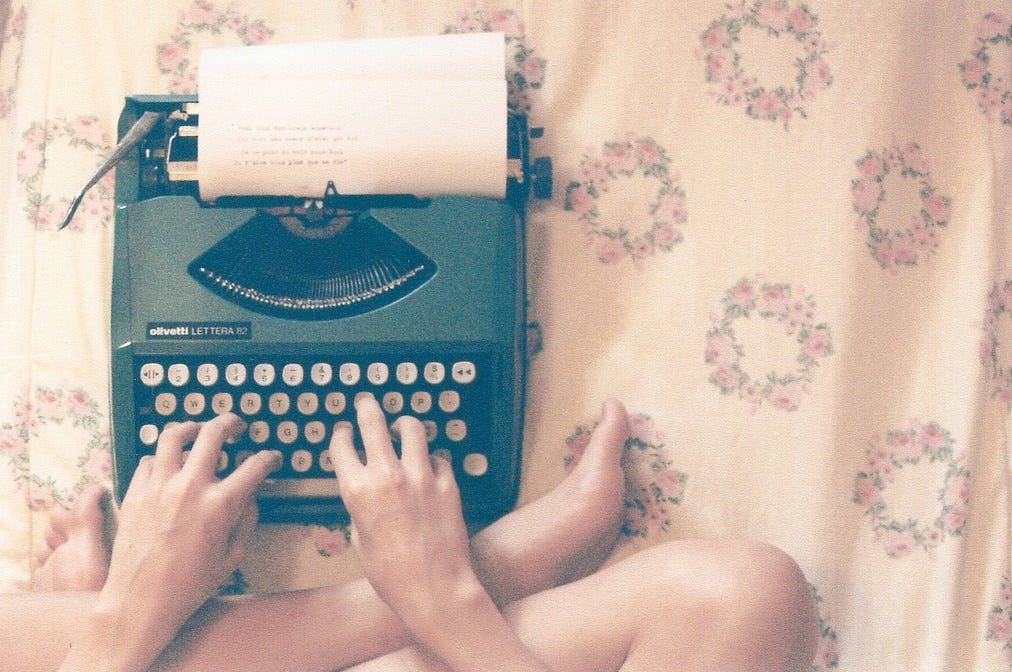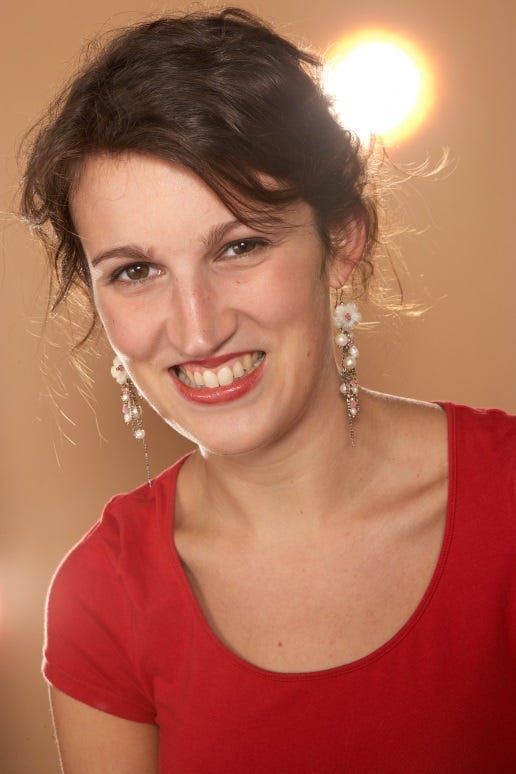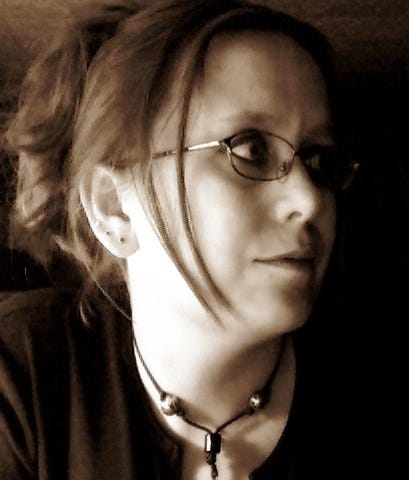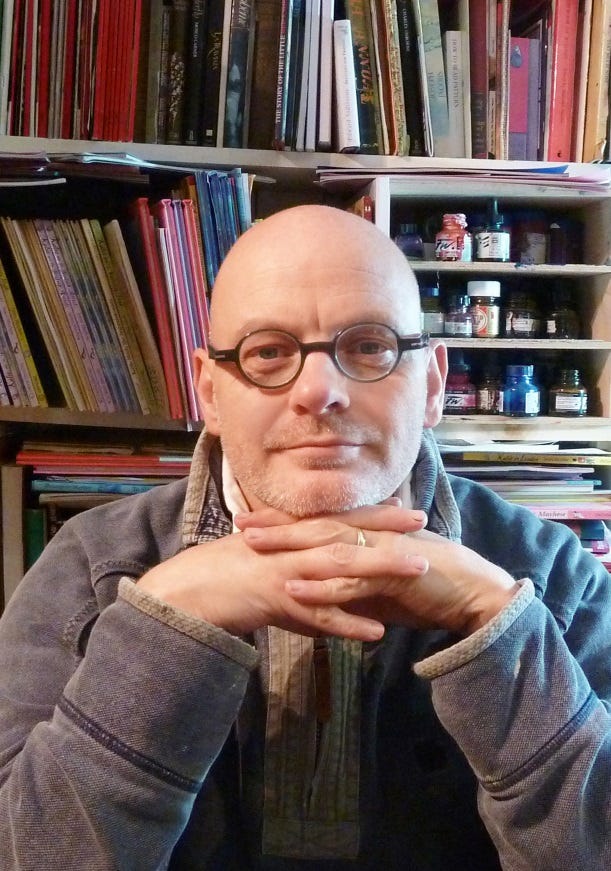A product has been added to the basket
Making it as an author

Making it as an author
They say that everyone has a book in them. From those building entirely new worlds of myth and legend to the writer of a humble children’s book. From kids fresh out of school to those in their eighties. Authors come from all walks of life and, more importantly, all have the same aim in mind. To take that grand idea in their head and express it by putting pen to paper (so to speak).
The rise of e-books and self-publishing, through the likes of Amazon and the recently available Nook Press, provides an alternative route that has brought more than its share of success stories. Hugh Howey’s immensely popular Silo series started out as Wool, a lone short story published through Amazon’s Kindle Direct Publishing platform. As his work grew more popular, Wool became an anthology and kept on growing until he ended up with a full blown series of sci-fi novellas with film rights picked up by 20th Century Fox.
Every author knows where they want to end up, but few know what it really takes to get there as well as, all importantly, where to start. There is no guide to becoming an author. No manual. No seven step program. That is why we’ve gone and hunted out authors from all walks of life to pick their brains and see how they got their start in the publishing world. From graphic novels to children’s books and romance novels, these writers have seen their work grow from simple ideas to full-fledged works of art and now they want to help you do the same.
Our Authors:
Stephannie Beman
(https://stephanniebeman.com/)Stephannie Beman is the writer of the fantasy romance series Children of Khaos and The Shaa’Madr as well as the historical western romance series Wild Hearts. She is also a book designer and founder of Ruis Publishing, a privately owned digital publisher and book design company established in December 2009.
James Mayhew
(https://jamesmayhew.co.uk/)James Mayhew is the New York Times award winning author and illustrator behind the Katie books following a child’s adventures through famous paintings. In 2011 he appeared as part of BBC's Authors Live series for Scottish Book Trust and his books have been published across the world.

Emily Benet
(https://emilybenet.com/)Emily Benet's debut book Shop Girl Diaries began as a blog about working in her mum’s eccentric chandelier shop and was commissioned as a book and a short film. She has written about the benefits of social media for writers for several publications and her guidebook Blogging for Beginners is available as an ebook. Her second novel, Spray Painted Banana, will be published by Harper Impulse in Summer 2014.
Richard Worth
(https://waterclosetpress.blogspot.co.uk/)Richard Worth, working with artist Jordan Collver, has penned a number of stories for comic anthologies as well as publishing the first two issues of their own comic series Ladies and Gentlemen and short story anthology The Irregulars, combining stories from independent authors and artists from across the UK.
What advice would you give to someone looking to become an author?
SB: First, research and learn the craft of writing. Writing sounds easy, all you have to do is put words on the page. But that's not true. Writing is about telling a compelling story in such a way that readers will remember it or giving a new spin on an old topic that will help others. For fiction, the story is as important as the prose you use to write about it. For non-fiction, the topic and prose must hold the attention of the reader or you’ll bore them to tears and they’ll go in search of a more interesting topic. Second, learn the business behind writing. Most authors just want to write and not worry about anything more. In the olden days of publishing that might have worked, but now an author needs to be a business person also. It means writing a lot, getting more books out into the hands of readers, and promoting what is published. Know what you are getting into before you start and know your goals for your writing.
JM: Try to be an honest writer and write about what you know, what you are passionate about. An author is a storyteller. It is not enough to want to be a writer, you must also have a story to tell or something you want to communicate. I think too any people read a book, especially children's books and think ‘Oh, I could do that’ but imitation will always be weaker than writing from your own experiences or interests. On a more practical note, one has to write constantly and love words (so read a lot too!). And carry notebooks everywhere. Inspiration is fickle and will not come when summoned but when least expected. So be sure to write down ideas, before they evaporate like early morning dreams.
EB: Don't wait around for inspiration, just sit down in front of the computer and begin. If what you write is awful, then write DRAFT at the top of your page and it will instantly take the pressure off. Secondly, don't wait for a publisher to do all the work. Be proactive. Use social media to grow your own readership. That way, when you do catch a publisher’s eye, they will feel more confident about taking you on.
RW: The only advice I have for anyone who wants to write is read a lot and just do it. I know that sounds silly and reductive but really it's all that matters. The more you expose yourself to different authors, styles and genres the more weapons you'll build up in your arsenal. The more time you force yourself to sit down and start writing the more mastery you gain over those weapons. You don't have to enrol on a course where someone will tell you off if you don't write, you just have to have the discipline to do it. Write all the time in as many forms as you can. Let yourself be bad at writing and don't worry about it. It's all training. Every sentence is an exercise that slowly but surely builds your talent. You just have to commit to it.
Do you have a specific writing discipline or are there any rules that you stick to in your writing method that others should follow?
SB: Discipline is very important to writing. It's far too easy to daydream and decide that you're not inspired that day and do something else like reading a book or watching TV. If you allow yourself to, weeks and months can go by without writing a word and that just makes it all the harder to write later. Every author is different and you shouldn't compare or pattern yourself or your method after anyone else. That doesn't mean you can’t try what other authors are doing to see if something they are doing works for you. My method of writing looks something like this: Open my current work-in-progress, read through what I wrote last time to refresh my memory, add layers if necessary (this isn't a time to edit or agonize over word choice), and continue writing for the next two hours. I strive to write at least 2,000 words a day if not more. My goal is to write 4,000 words a day. If I'm also co-authoring a book, like I am currently doing now, then I devote an hour or two to each of those.
JM: I imagine this is a pretty individual thing. Certainly for me, I write pretty much anywhere. I love writing on a long train journey! I write in longhand, in notebooks, and when something seems to be working, I transfer it to screen. I set myself little deadlines to be sure I am motivated. I quite like early mornings or late evenings, when the rest of the world is quiet. And I prefer silence. No radio or music. I love music, but not when I am writing.
EB: I just treat it like a proper job! I draw up a timetable with my tasks for the day and I tick them off as I go. I aim for 1500 words a day and I find that when I've got a clear goal I nearly always reach it.
RW: Because I write mostly for comic books the only rule I follow steadfastly is brevity. George Orwell once wrote "why use five words when one will do?” That's what I aim for. This, of course, shouldn't be simply mistaken as "don't write as much". The idea is to convey the same message with what little area you can. In comics, dialogue is fighting with imagery for space. For comic writers it's better to give up the space and aim for potency.
Are there any aspects of the writing process you regularly struggle with and how do you deal with them?
SB: Getting distracted while trying to focusing on writing. It's easy to find other things to do or pretend I'm writing by researching something on the Internet which usually ends with reading blogs and books on topics that interest me. I found that if I start each writing session by taking ten minutes to handwrite my next scene, outline conversations and thoughts, or take notes on what needs to happen in a scene before getting on the computer to write it helps me focus on filling in the scene and keep writing. Someday, when I have more room in my corner of the house where my office resides, I want to buy a laptop and delete all games and Internet connections on it so I can take away the temptation to start.
JM: I struggle with ALL aspects! Seriously, for me the hardest obstacle has been self-confidence. I have always been far too critical and that has held me back I think. I have worked hard to overcome being self-conscious and negative about my work.
EB: I'm not a patient person which is not ideal because everything about the writing process is so slow! I try to meditate every day to keep things in perspective. In the end, what does it matter if my book gets published this year or next? I have to remind myself to enjoy it. If you don't enjoy it, what's the point?
RW: The genuinely hardest part of doing any writing is actually sitting down and forcing yourself to do it. It's very easy to distract yourself with literally anything else. Once you manage to get to the desk it's easy to distract yourself with "research" or to hold yourself up some fiddly bit of formatting, or to convince yourself you cannot continue with some tiny little detail clarified. I have to symbolically and sometimes literally cut myself off from distractions. TV and router unplugged. Food eaten. Phone off. It's too easy to just turn everything back on, but with each distraction taken away the potential guilt of not writing increases.
How did you go about getting your work published for the first time?
SB: I went a less traditional path than most. While I have confidence in my writing, I am a young mother working on a ranch and my husband's schedule isn't the most consistent. Some days I have all the time in the world to work. Other days my time is limited or non-existent. I didn't like the idea of submitting work to a publisher and not being able to meet my deadline. That's not fair to a publisher. So I started by self-publishing my work. Once I finish writing and editing a manuscript, I take on the persona of a publisher. I send it to readers who give me an honest opinion of what they like and don't like about the story. I fix the mistakes and send it to another set of readers. I fix the mistakes they might find. Then I pay a good editor to look over it, fix those mistakes, and it's off to a proof-reader. Lastly, I polish it, and send it off for a cover and layout work, before publishing it.
JM: I studied art and trained as an illustrator, so my first introductions to publishers were through a portfolio of images. I spent a long time visiting publishers where possible and learning about the industry that way. Submitting something by email is very detached. Meeting a publisher, or even a junior designer as I did can be the personal element that makes a difference. It was a junior designer who first saw my draft for my first book, Katie's Picture Show, and passed it on to senior staff. That's how I got published. So try to meet publishers, go to book fairs, be open and friendly... And don't give up!
EB: My first book Shop Girl Diaries began as a weekly blog about working in my parents' eccentric chandelier shop in south east London. I took it very seriously and treated each post as if it were going to be published in print. After six months of blogging, I decided I needed to work on promoting it. I joined publishers' Facebook pages and left my blog link on their walls telling them a bit about it. Salt Publishing got in touch a week later and asked me to turn it into a book. Four years on and I certainly wouldn't recommend spamming publishers! But I do recommend coming up with a clear concept for a blog and using it as a platform for your writing!
RW: The very first time I was published was in a newspaper comic zine. It's simply a matter of looking for avenues for publication, particularly for comic creators, and trying your hand. The worst that can happen is they say no, you remain unpublished but at least you got the practice and a story to your name.













Comments